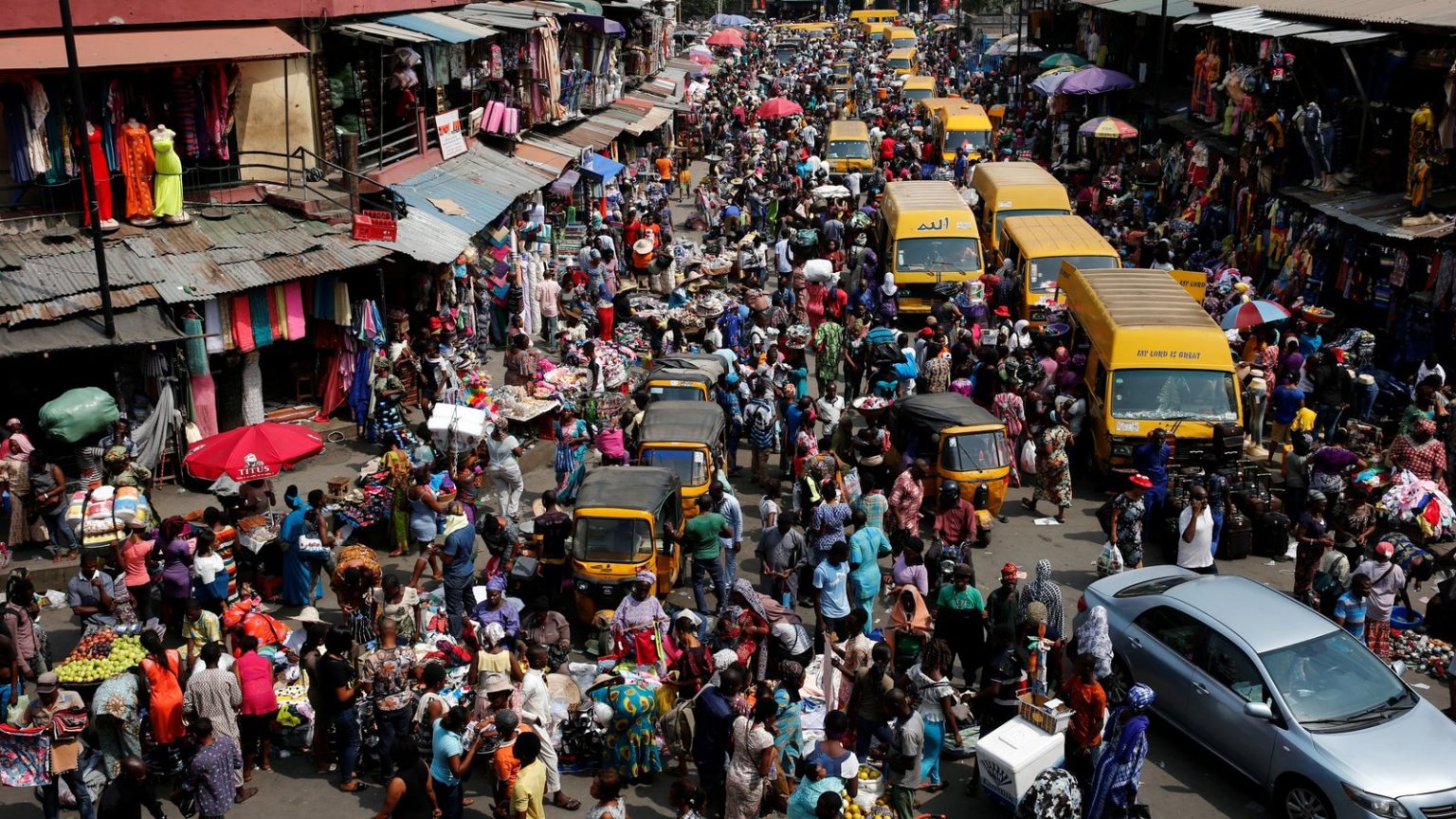Biography
Interesting Facts About Nigeria

Nigeria, officially the Federal Republic of Nigeria, is a country in West Africa. It is geographically situated between the Sahel to the north and the Gulf of Guinea to the south in the Atlantic Ocean. It covers an area of 923,769 square kilometres (356,669 sq mi). With a population of over 218 million, it is the most populous country in Africa, and the world’s seventh-most populous country.
Nigeria borders Niger in the north, Chad in the northeast, Cameroon in the east, and Benin in the west. Nigeria is a federal republic comprising 36 states and the Federal Capital Territory, where the capital, Abuja, is located. The largest city in Nigeria is Lagos, one of the largest metropolitan areas in the world and the second-largest in Africa.
Nigeria has been home to several indigenous pre-colonial states and kingdoms since the second millennium BC, with the Nok civilization in the 15th century BC marking the first internal unification in the country. The modern state originated with British colonialization in the 19th century, taking its present territorial shape with the merging of the Southern Nigeria Protectorate and Northern Nigeria Protectorate in 1914 by Lord Lugard. The British set up administrative and legal structures while practising indirect rule through traditional chiefdoms in the Nigeria region. Nigeria became a formally independent federation on 1 October 1960.
- With a population of 219,463,862, Nigeria is by far the most populated country in Africa. It’s also the sixth most populated country in the world, with a larger population than Russia, Brazil and Mexico. The population surged from 95 million in 1990 to 201 million in 2019. This is set to double again to over 400 million by 2050 when it will overtake the US as the world’s third most populated country.
- Nigeria is multi-lingual – Nigeria is an extremely diverse country and home to multiple ethnicities. English is the country’s official language, but Hausa, Yoruba, Fulani, Boki and Igbo are major languages too. There are over 500 additional indigenous languages spoken here too.
- Nigeria is one of the largest film producers in the world – Known as ‘Nollywood’, Nigeria boasts the second-largest movie producer. It produces around 50 movies per week, which is more than Hollywood and second only to Bollywood. While its revenue might not be able to compete with the likes of Bollywood and Hollywood, it still generates an impressive $590 million every year.
- According to the International Monetary Fund (IMF), in 2020 Nigeria lead the way as the biggest economy in Africa. With an average GDP of $442,976 billion, it is the 26th largest economy in the world. However, the COVID-19 is expected to have taken its toll on the economy. Low oil prices and sharp capital outflows are increasing the balance of payment pressures, which has led to large output contraction and increased unemployment. Experts estimate that Nigeria’s GDP will contract by 3¼ per cent.
- Nigeria gained independence in the 1960s but it’s still part of the commonwealth . For much of the 20th and 21st centuries, intermittent colonial and militant rule dominated Nigeria’s history. British forces occupied Lagos, Nigeria’s capital after Calabar in Cross River State, from 1851. The British formally annexed it in 1865 and the whole of Nigeria became a British protectorate in 1901. British rule lasted until 1960. The country became a republic in 1963 but remained part of the British Commonwealth, along with 52 other sovereign states.






